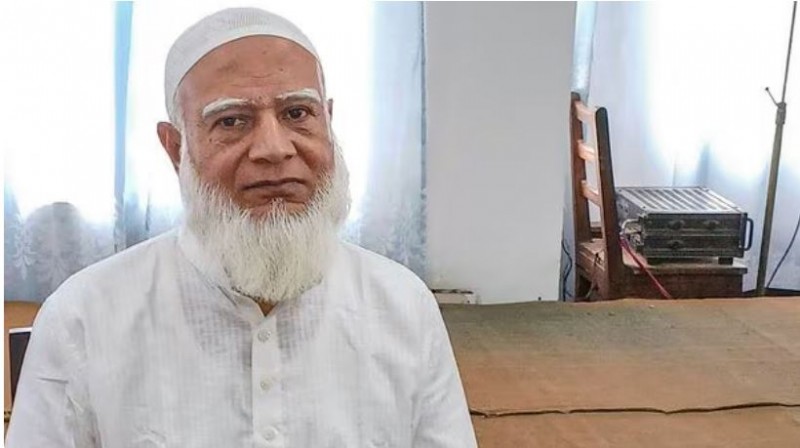
Bangladesh: Shafiqur Rahman, the leader of Jamaat-e-Islami Bangladesh, has emphasized the importance of fostering better relations between Bangladesh and India. During a recent meeting with representatives from the Indian Media Correspondents Association Bangladesh (IMCAB), Rahman highlighted the need for mutual cooperation and understanding between the two neighboring nations.
"We are neighbors, and that is something we cannot change," Rahman said, stressing the inevitability of close ties between Bangladesh and India. He reflected on the history of relations between Jamaat and India, noting that while the relationship has been strained during the past 15 years under Sheikh Hasina's leadership, there is potential for improvement.
Rahman expressed hope for a more positive and open-minded approach from both sides, stating, "We are ready to engage constructively, and we hope India will be as well." He further emphasized that cooperation should be a priority in the relationship between the two countries.
Addressing concerns about Jamaat-e-Islami's stance on India, Rahman clarified that the party does not criticize India or any other nation without cause. He reaffirmed Jamaat's commitment to peace and democracy, assuring that the party has no involvement in destructive activities. "If it is proven that any of our members have engaged in terrorism, we will apologize to the nation and ensure they are brought to justice," he stated.
In a media release, Jamaat-e-Islami reiterated its dedication to protecting the rights and properties of all religious communities in Bangladesh. The party affirmed its belief in equal rights for all citizens, regardless of their religious background, and expressed its desire to restore peace and stability in the country.
Commenting on recent protests at the Indian visa center in Dhaka, Rahman disapproved of the actions and called for respect towards all parties involved. He underscored the importance of maintaining strong ties with India, saying, "We consider India a close neighbor and believe in the value of good relations with those who live near us."
Background on Jamaat-e-Islami
Jamaat-e-Islami (JeI) was founded in India in 1941 by Abul A’ala Maududi, a prominent thinker from Hyderabad, who was disillusioned with the Indian National Congress's alignment with the Hindu Mahasabha faction. The party opposed Bangladesh's independence in 1971 and sided with Pakistan during the Liberation War.
Despite being banned after independence, Jamaat was later allowed to regroup under the military government of General Ziaur Rahman. It eventually became a key partner in the 2001-2006 government led by Prime Minister Khaleda Zia. However, the Awami League's 2008 election victory led to the trial and execution of several JeI leaders for war crimes committed in the 1970s. By 2013, Jamaat was banned from political participation following widespread public protests.
On August 28, the interim government of Bangladesh revoked the ban on Jamaat-e-Islami and its student wing, Islami Chhatra Shibir, reversing the decision made by the previous administration.
Bangladesh Government Lifts Ban on Jamaat-e-Islami
Bangladesh Opens Investigation into Enforced Disappearances by Security Forces Under Sheikh Hasina